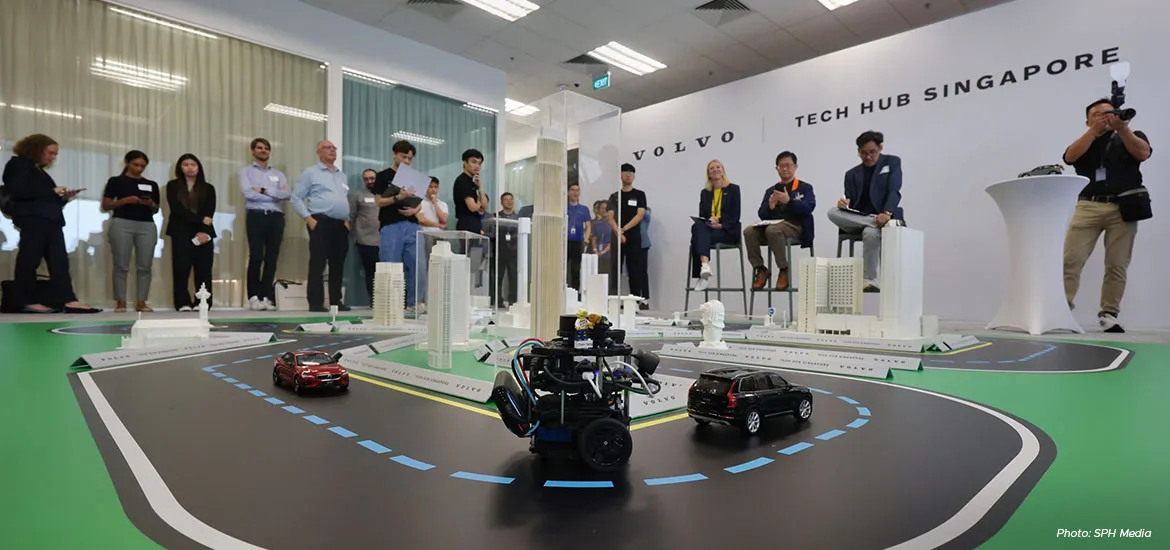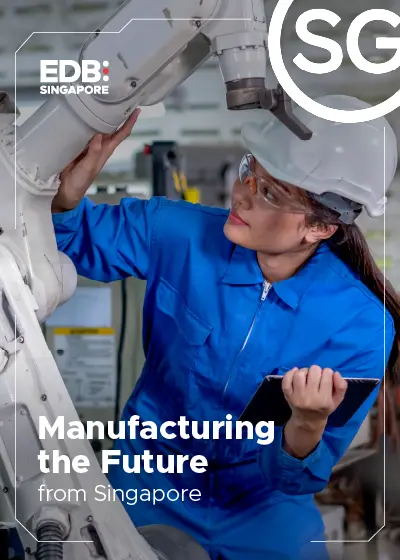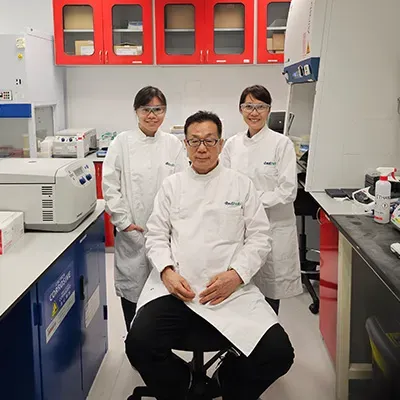Auto giant Volvo has set up a facility here to support its ambitions to become a fully electric carmaker and a technology leader.
The Volvo tech hub, officially opened on 22 January, spans 9,423 square feet and consists of a research and development lab and office space for engineers. It has 15 employees, with plans to expand the headcount.
Volvo is owned by Zhejiang Geely Holding Group, a major Chinese carmaker.
The tech hub in Kallang Avenue focuses on building capabilities in robotics and electronics engineering, power electronics, artificial intelligence (AI), and data analytics. These areas will support Volvo’s in-house technology and software development.
The new facility is a sign of Volvo’s commitment to innovation and collaboration in Singapore, the company said on 22 January.
Dr Yvonne Tan, who heads the tech hub, told The Straits Times that the centre here is the only advanced one of its kind Volvo has.
Its site in Krakow, Poland, focuses on software engineering development, while the one in India tackles functions such as IT support.
The Singapore hub will be key to deep tech and advanced engineering development for Volvo, said Dr Tan.
Singapore also has an available robotics talent pool to tap, she added, noting: “For robotics engineering, we have a lot of support here in development from all the startups as well as the institutions.”







